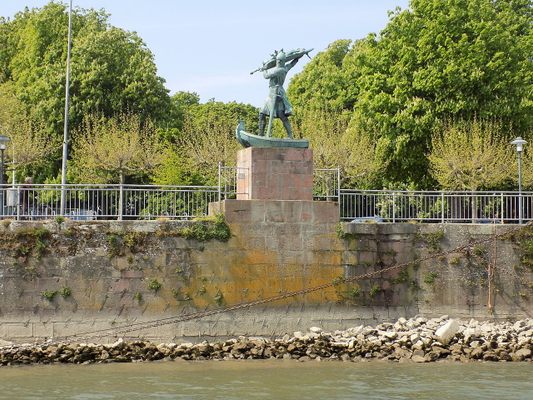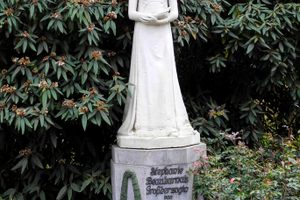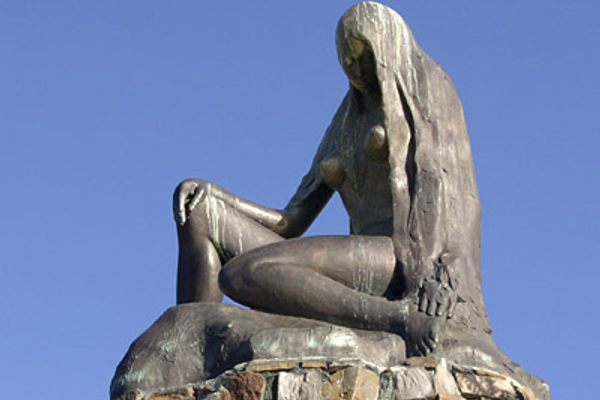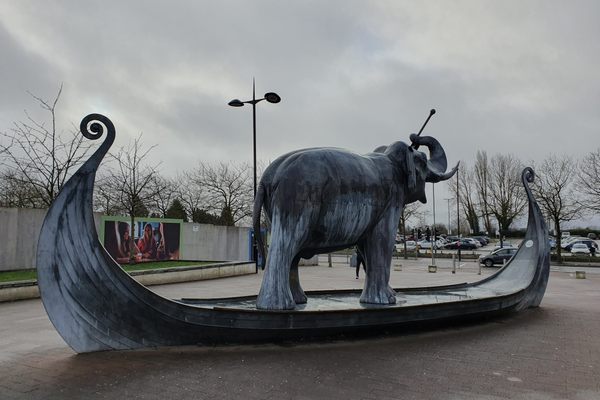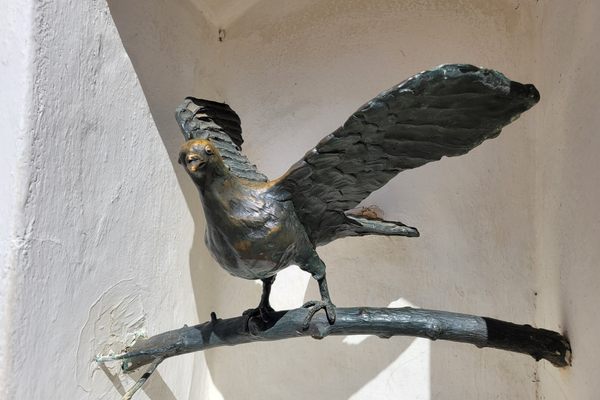About
There are several variations of the medieval legend of Siegfried and the accursed treasure of the Nibelungs, from Norse mythology to Wagner's four-part opera. But across these many versions, some things never change: it always ends in tragedy, and the Burgundian warrior Hagen von Tronje (or Högni) plays a significant role in it.
Hagen von Tronje's reputation varies. He is a cold-hearted villain in Siegfried's story, but in the standards of contemporary German warriors he is also considered a hero. And the city of Worms in Germany is quite possibly the only place in the world that holds a statue dedicated to this particular figure.
In the 13th-century epic poem Nibelungenlied, the dragon-slaying hero Siegfried visits Worms to marry the Burgundian princess Kriemhild. He is promised the princess' hand in marriage on one condition: that he help her brother, King Gunther, win the heart of Brünhild, the warrior-queen of Iceland. Siegfried succeeds in his goal, but causes a bitter rivalry between Kriemhild and Brünhild, resulting in his assassination by the king's most loyal vassal: Hagen von Tronje. Hagen proceeds to steal the Nibelung hoard from Kriemhild and dump it into the Rhine.
This iconic scene marks the climax of Act I of the poem, to which Wagner's famous Das Rheingold refers. The German sculptor Johannes Hirt made a bronze statue of this moment, which has stood in the city park of Bürgerweide since 1905. Called the "Hagendenkmal," or Hagen Statue, it commemorates the city's association with the Nibelungenlied.
Related Tags
Published
April 22, 2020




